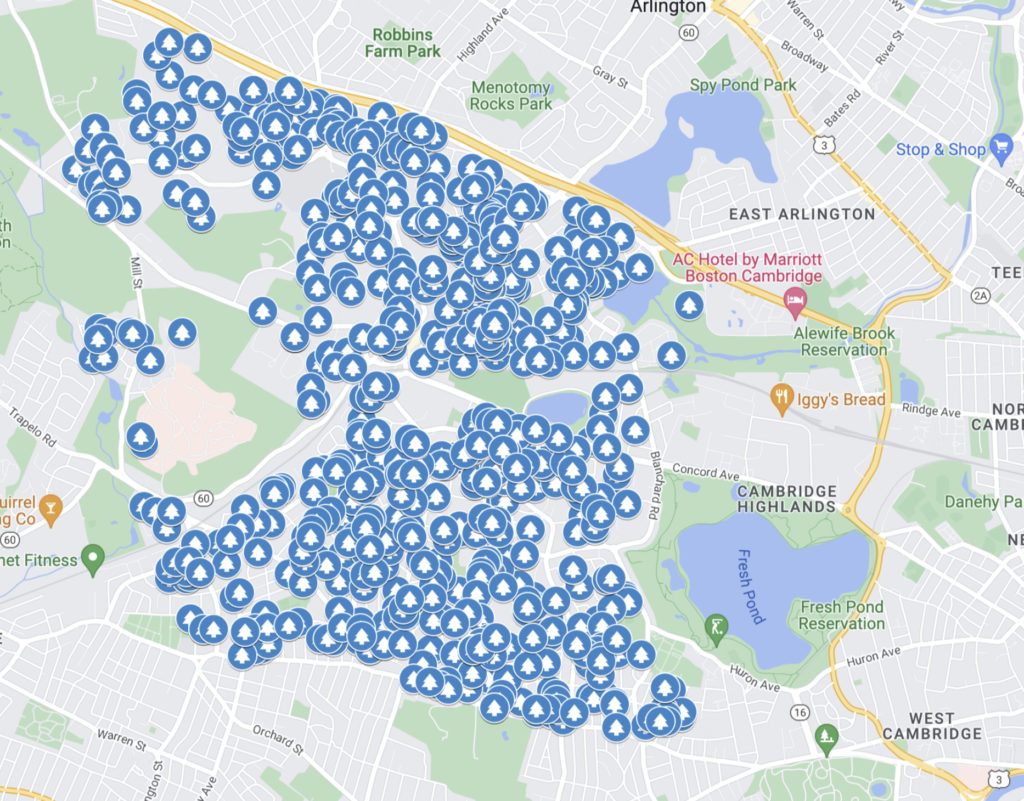Photo: The league’s annual candidates’ night.
The Belmont League of Women Voters is holding a virtual Candidates’ Night on Thursday, March 23, at 7 p.m.
The night will start with a video “parade” of Town Meeting Members.
Short speeches and Questions & Answers with each town-wide candidate will follow it.
The night will conclude with information on the two ballot questions: the debt exclusion for a new rink/recreation center and a change from an elected to an appointed town treasurer.
Viewing Options:
Zoom meeting webinar: 893 7026 9526
https://us02web.zoom.us/j/89370269526
Live broadcast: Belmont Ch 8 (Comcast); Ch 28 (Verizon)
Livestream or on-demand: belmontmedia.org/watch/govtv
